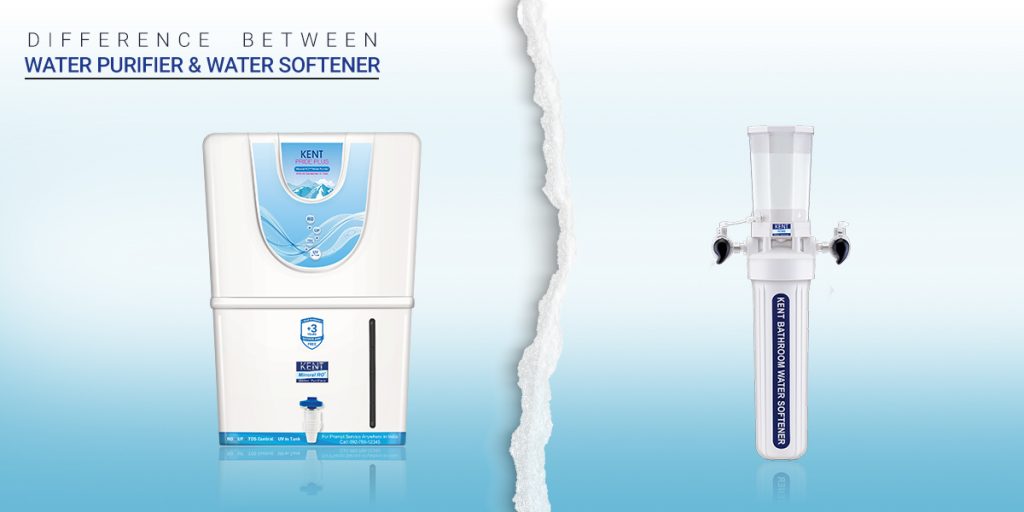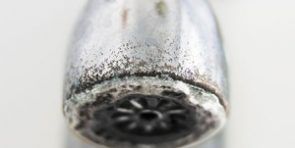Water Softening versus Water Filtration- Know the Difference
Water is necessary for every household chore that you do. Whether you need to wash clothes, make a cup of tea, or cook something, the need for clean and safe water can’t be ignored. However, the scarcity of pure, clean, and usable water makes it almost impossible to use your tap water directly for different household purposes. While a lot of you are concerned about the quality of drinking water, you tend to ignore the type of water you use for cleaning utensils, washing clothes, or taking a bath. A lot of cities in India get hard water, which leaves an ugly stain in your bathroom and has a negative effect on your hair and skin. A lot of people are unaware that both contaminated water and hard water use different purification and softening processes. So, in this blog, we discuss the difference between water softening and water filtration.
The Difference Between Water Softening and Water Filtration
Water softening and water filtration are two different things. Here are some of the main differences between a water softener and a water purifier.
Does a Water Softener Purify Water?
Hard water doesn’t pose any health risk; however, it has high mineral content, which can affect your hair, skin, and appliances. The goal of a water softener is not to remove contaminants but to make the water soft by removing the excessive mineral content. The purpose of a water softener is primarily to prevent a mineral build-up of limescale in the plumbing system and household appliances. The hardness of water can be removed by
- Completely removing the calcium, magnesium, and other ions that cause hardness in water with the help of a water softener
- Using citric acid to alter the behavior of the ions, which reduces the affinity of the ions to stick to the surface
The second method is not useful in removing hardness from water, which is why you need to use a water softener. A water softener will exchange the ions of calcium and magnesium with sodium, which reduces hardness and makes water suitable for use. In short, a water softener can only soften hard water but doesn’t purify water.
Read more: Everything you Need to Know about Hard Water and Water Softeners
What does Water Purifier Do?
If you need something to purify your drinking water, you need to use a water purifier. Depending on your preference, you can choose from RO, UV, and UF water purifiers. The purifiers are ideal for removing microorganisms, chemicals, and salts from water to make them safe for use. However, to find out which water purifier you need to use, you need to get the water quality tested.
Water purifiers use various methods to purify water, including:
- Reverse osmosis: This method uses a semi-permeable membrane to remove impurities from water.
- UV filtration: UV rays are used to kill bacteria and viruses in water.
- Activated carbon filtration: This method uses activated carbon to absorb impurities and remove bad odours and tastes from water.
- Ion exchange: This method removes heavy metals and other impurities by exchanging them with ions of a similar charge.
Overall, a water purifier can improve the quality of water by removing harmful impurities, ensuring that the water is safe and healthy to drink.
Last Few Words
A lot of people get confused between a water purifier and a water softener. Considering the deteriorating water quality, you need to be very sure about which product you need at home. If you notice a lot of stains, dry hair, or skin, you need to use a water softener. However, to make drinking water fit for use, you need to use a water purifier, which uses different purification processes to make water safe for use.





